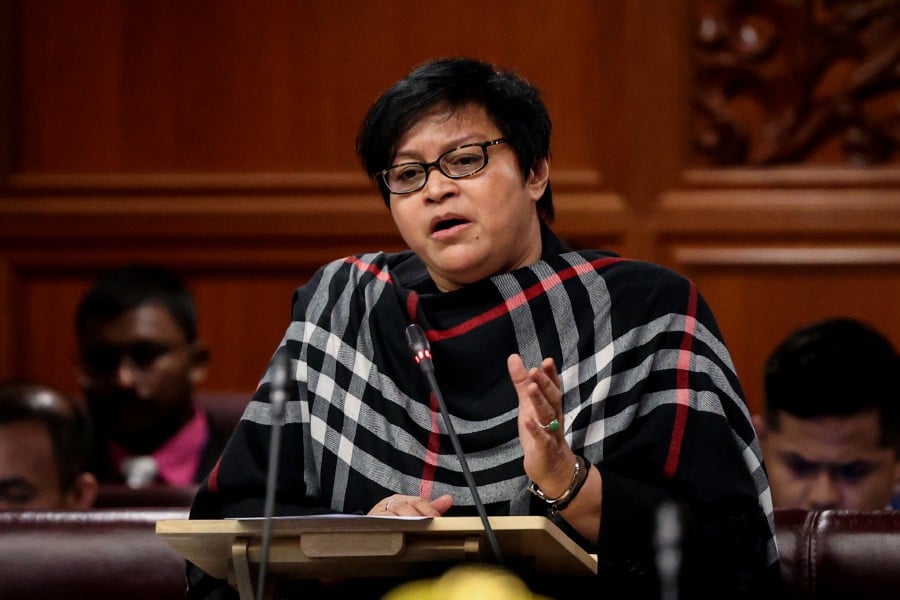KUALA LUMPUR: More law and institutional reforms will take place next year, the Dewan Negara was told today.
Minister in the Prime Minister's Department (Law and Institutional Reform) Datuk Seri Azalina Othman said the unity government had pushed forward legislative strengthening in the past year, in line with Malaysia Madani in safeguarding the people.
They included the abolishment of mandatory death penalty, decriminalisation of suicide and enhancement on laws related to bankruptcy and sexual crimes against children.
"Most recently, the unity government has tabled the Human Rights Commission of Malaysia (Amendment) 2023 bill that among others strengthen the functions of the Suhakam and approved in the Dewan Rakyat on Nov 29.
"On Nov 29, the Jurisdictional Immunities of Foreign States bill was tabled for its first reading in the Dewan Rakyat, with the second and third readings are expected in the next parliament meeting," she said in reply to a question from Senator Datuk Dr Nuing Jeluing.
Azalina, however, said reforms on the Attorney-general's office separation from public prosecutor and key appointments in the government would take much longer.
She said an empirical study on the separation of AG and public prosecution powers would be carried out before it could be brought to the Dewan Rakyat.
She said some countries that had adopted separation of AG's office had backtracked it, which posed the biggest challenge in the process here.
These reforms deemed substantive require amendments to the Federal Constitution and support of at least 148 (two-thirds of) lower house members, she said.
"It's a long process (and) as long as the government is entangled with threats of being toppled, then how do we achieve 148 (votes)?
"Let the government finish its term until the 16th general election so that these reforms could take place in the next four years," she said in reply to a supplementary question from Nuing.






